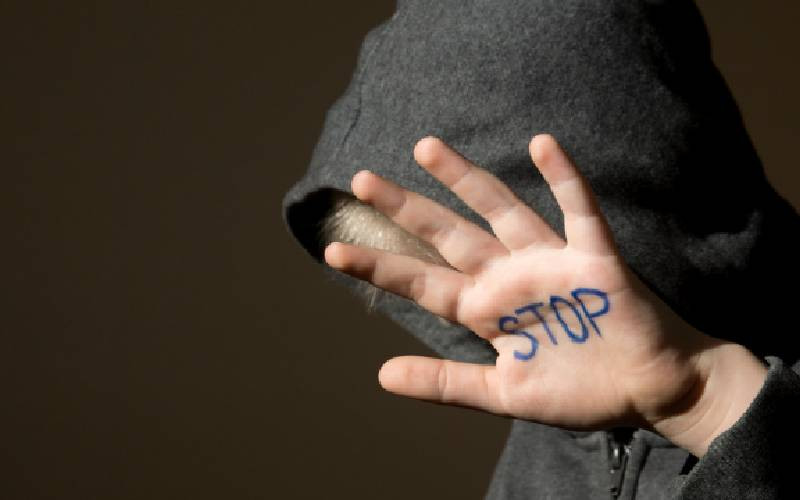Tech firms hold the key to ending child sex exploitation

[Getty Images]
“I did not know that someone could just get my photo and do bad things with it. I thought it was just funny.” These haunting words from a Kenyan child reflect a sobering truth: children are navigating a digital world not designed with their safety in mind. This has to be changed.
Every day, across Africa and beyond, children are being sexually exploited online. More than 300 million children fall victim to online sexual exploitation and abuse each year—an average of 10 cases every second. This “hidden pandemic,” as described by the Childlight Global Child Safety Institute, reaches “every classroom, in every school, in every country.”
From children livestreaming explicit content under coercion to AI-generated child sexual abuse imagery proliferating unchecked, the crisis is escalating. The recent BBC exposé on TikTok profiting from exploitative livestreams is just one example. Urgent, coordinated action is needed to protect children online. While platforms such as TikTok have publicly committed to zero tolerance for exploitation, with safety policies, content moderation in over 70 languages, including Swahili, and partnerships with local experts, recent exposés suggest these measures are not enough.
Tech companies have taken important steps to stop online child sexual exploitation. With the tools and influence they wield, they can and must do much more to truly make the internet safe for children. We call on the Kenyan government to take a more proactive role by enacting and enforcing policies that hold tech companies accountable. This could include introducing online safety regulations that require companies to build in child protection measures by design, report harmful content swiftly, and collaborate with local law enforcement.
In 2024, the CyberTipline received 20.5 million reports of suspected child sexual exploitation. While this is a significant number, the overall number of reports declined from 36.2 million reports received in 2023 National Center for Missing and Exploited Children (NCMEC) CyberTipline.
In Kenya, we have seen this crisis up close. The 2023 SCROL (Safety for Children and their Rights Online) baseline study revealed that 47.7 per cent of children had experienced at least one form of online harm, such as exposure to sexual content, cyberbullying, or unwanted contact from strangers. More than 28 per cent of children reported being asked to share personal images or videos, while over 30 per cent said they had been approached online by strangers.
Addressing online child sexual exploitation requires bold action from both the government and tech companies. Kenya’s lawmakers must close legal loopholes - especially around unregulated AI-generated abuse content. Tech companies, with their vast reach and tools, must be held accountable for implementing safety-by-design measures.
As children powerfully expressed at recently concluded 2025 Africa Children Summit in South Africa and the Terre des Hommes Netherlands SCROL Summit in Cambodia, online safety is not a privilege—it is their right.
They called for Online Child Sexual Exploitation education in schools, stronger regulation of tech companies, and real accountability for those who exploit them. Their message is clear: the time for token awareness is over—we must act.











